
A conference about energy control and metabolism
On March 14, 2023, Metabolism Day will bring together researchers within the field of metabolism to discuss the latest science in metabolic diseases and energy control. It is hosted and organized by the Novo Nordisk Foundation Center for Basic Metabolic Research (CBMR) at the University of Copenhagen.
Program & registration
Registration for in-person participation is now closed.
It is still possible to register to watch the live stream.
The program can be found on the Metabolism Day 2023 registration website. Click the links below.
Speakers
Read more about the eight speakers and their talks, below.
Talk title: 'Prediabetes; why and how would we look for it?'
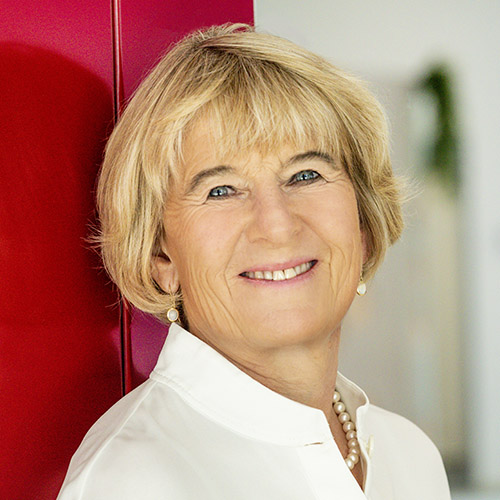
A specialist in internal medicine, endocrinology, and diabetes, Professor Dr. Anette-Gabriele Ziegler leads the Institute of Diabetes Research at Helmholtz Munich, and is Chair of Diabetes at the Faculty of Medicine, Technical University Munich, Germany. She is also speaker of the Global Platform for the Prevention of Autoimmune Diabetes (GPPAD), and an academy head of the German Center for Diabetes Research DZD e.V.
Dr. Ziegler's primary research goal is understanding the pathogenesis of type 1 diabetes and finding a preventive treatment for a world without type 1 diabetes. Her main research focuses on identification of genetic, immune and environmental determinants of the disease, the introduction of polygenic risk scores, and the translation of findings into predictive staging that enables trials to prevent type 1 diabetes. She initiated the landmark and worldwide first birth cohort study in diabetes, BABYDIAB, with seminal discoveries on the precocious start of islet autoimmunity in the first year of life, and insulin as the initial target of autoantibodies. The success of the BABYDIAB study led to the multinational birth-cohort initiative TEDDY (The Environmental Determinant of Diabetes in the Young), of which she is Principal Investigator for the German Clinical Center. She cofounded GPPAD, which introduced polygenic risk score-based newborn screening and also started the first population-based screening for early stage type 1 diabetes in childhood, the Fr1da-study, which has paved the way for prevention trials in a public health setting. She is a member of the TRIALNET, TEDDY, INNODIA, and GPPAD consortia.
Talk title: 'Unravelling Mechanisms for Beta Cell Dysfunction at Type 2 Diabetes GWAS Loci'
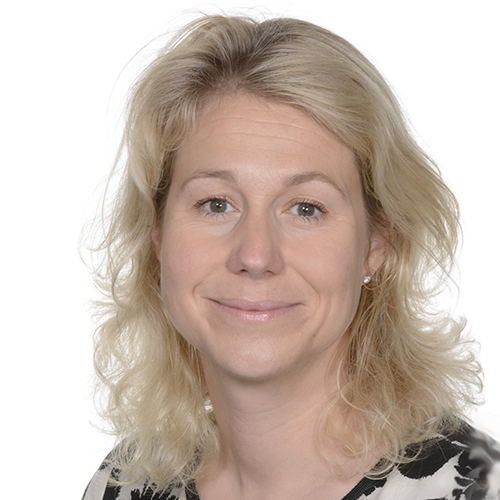 Dr Anna Gloyn joined the faculty at Stanford University in February 2020 as Professor of Pediatrics & Genetics. She completed her DPhil at the University of Oxford under the supervision of the late Professor Robert C. Turner, followed by post-doctoral training with Professors Andrew Hattersley & Sian Ellard (University of Exeter, UK) and Professor Franz Matschinsky (University of Pennsylvania, USA). Her DPhil and post-doctoral research were both focused on the role of genetic variation in the genes encoding the KATP channel initially in type 2 diabetes and subsequently in neonatal diabetes.
Dr Anna Gloyn joined the faculty at Stanford University in February 2020 as Professor of Pediatrics & Genetics. She completed her DPhil at the University of Oxford under the supervision of the late Professor Robert C. Turner, followed by post-doctoral training with Professors Andrew Hattersley & Sian Ellard (University of Exeter, UK) and Professor Franz Matschinsky (University of Pennsylvania, USA). Her DPhil and post-doctoral research were both focused on the role of genetic variation in the genes encoding the KATP channel initially in type 2 diabetes and subsequently in neonatal diabetes.
Talk title: 'A newfound mechanism of metabolite regulation over cell cycle and proliferation'
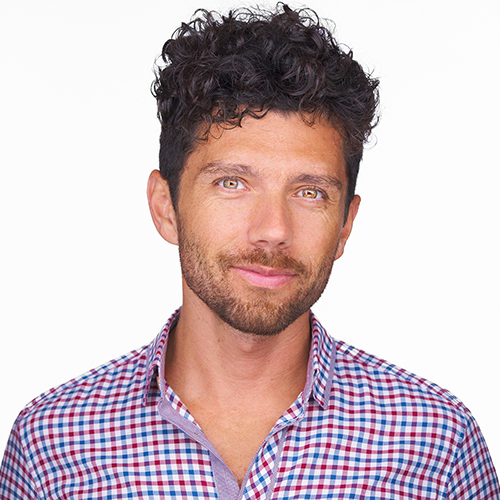 Edward Chouchani is an Associate Professor at the Dana-Farber Cancer Institute and Harvard Medical School. His lab applies mass spectrometry and biochemical approaches to understand how metabolites regulate cellular function in pre-clinical models of health and disease. The goal of his lab is to leverage these newfound mechanisms to develop new therapies for metabolic, inflammatory, and metastatic diseases. Edward has won numerous awards including the Pew Scholarship, the Heidi Helmholtz Diabetes Award, the Biochemical Society Early Career Investigator Award, the Armen H. Tashjian Award for Excellence in Endocrine Research, and the Vilcek prize in Biomedical Science.
Edward Chouchani is an Associate Professor at the Dana-Farber Cancer Institute and Harvard Medical School. His lab applies mass spectrometry and biochemical approaches to understand how metabolites regulate cellular function in pre-clinical models of health and disease. The goal of his lab is to leverage these newfound mechanisms to develop new therapies for metabolic, inflammatory, and metastatic diseases. Edward has won numerous awards including the Pew Scholarship, the Heidi Helmholtz Diabetes Award, the Biochemical Society Early Career Investigator Award, the Armen H. Tashjian Award for Excellence in Endocrine Research, and the Vilcek prize in Biomedical Science.
Talk title: 'Evolving approaches to diagnose coronary artery disease'
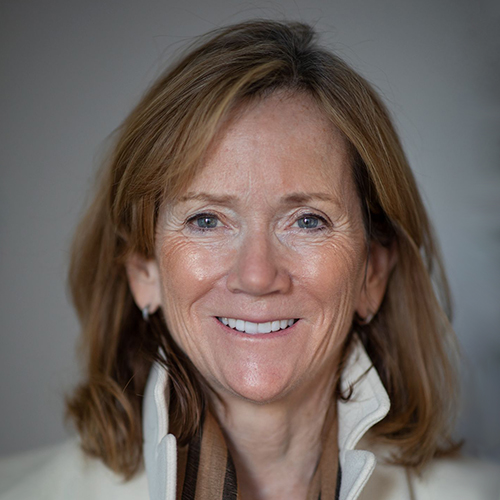 Leslee Shaw, PhD is a leading outcomes researcher whose major focus is cardiovascular clinical diagnosis of ischemic heart disease. Dr. Shaw has published more than 800 publications and presented more than 400 abstracts in major scientific meetings in the United States, Europe, Asia, and South America. She has been ranked as one of the top 1% of clinical researchers with the most highly cited publications (awarded by Thomson Reuters), with an H-index >150.
Leslee Shaw, PhD is a leading outcomes researcher whose major focus is cardiovascular clinical diagnosis of ischemic heart disease. Dr. Shaw has published more than 800 publications and presented more than 400 abstracts in major scientific meetings in the United States, Europe, Asia, and South America. She has been ranked as one of the top 1% of clinical researchers with the most highly cited publications (awarded by Thomson Reuters), with an H-index >150.
Based on her scientific contributions, in 2009, Dr. Shaw was recognized with the Simon Dack Award for academic excellence from the American College of Cardiology and, in 2013, the Coalition to Reduce Disparities in Cardiovascular Disease Outcomes Award for her research contributions in racial and ethnic differences in cardiovascular disease. In 2013, she received the Women’s Day Red Dress Award for her scientific contributions to women’s health. In 2017, she presented the Mario Verani Lecture at the American Society of Nuclear Cardiology. In 2018, she was awarded the Gold Medal from the Society of Cardiovascular Computed Tomography and, from the North American Society of Cardiovascular Imaging, gave the Paulin Keynote Lecture. In 2020, she was awarded the Bernadine Healy Leadership Award in Women’s Cardiovascular Disease from the American College of Cardiology. Also, in 2020, she received the Nanette Wenger Award from the American Society of Preventive Cardiology and, from the Academy for Radiology and Biomedical Imaging Research, she received the Distinguished Investigator Award.
She has served as an Associated Editor for several journals and now serves as Executive Editor for the Journal of the American College of Cardiology: Cardiovascular Imaging, with the highest rated impact factor for imaging journals (2020 Impact Factor: 14.8). She is also an editorial consultant for the Journal of the American College of Cardiology and Circulation. Dr. Shaw is a Past-President of the American Society of Nuclear Cardiology and the Society for Cardiovascular Computed Tomography. The only individual having served as president of two medical societies within cardiovascular medicine.
Talk title: 'Sympathetic nervous system regulation of brown adipose tissue function'
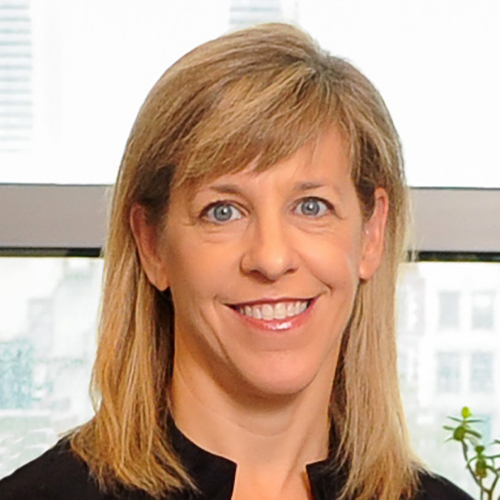
Dr Lori Zeltser graduated from Princeton University in 1989 and received her Ph.D. from The Rockefeller University in 1996.
She completed her postdoctoral training in the laboratories of Andrew Lumsden at Kings College London and Claudio Stern and Tom Jessell at Columbia University. In 2007, she started her research program at the Naomi Berrie Diabetes Center at Columbia, and she is currently an Associate Professor in the Department of Pathology and Cell Biology.
Talk title: 'Fetal growth and its links with type 2 diabetes: insights from human genetic association studies of birth weight'
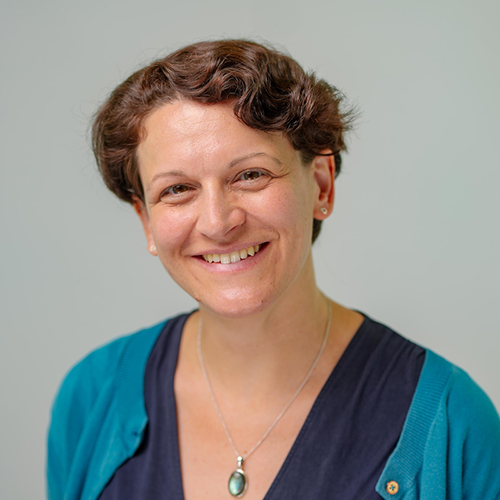
Rachel Freathy is an Associate Professor and Wellcome Trust Senior Research Fellow at the University of Exeter, United Kingdom. She leads a team of 7 researchers who use genetics to understand the factors affecting fetal growth and its links with later-life diseases.
Rachel is co-leading genome-wide association and Mendelian randomization studies of birth weight and placental weight in the international Early Growth Genetics (EGG) Consortium. These studies have identified more than 200 genetic loci associated with birth weight and/or placental weight, highlighted genetic links with later life disease, and shown causal relationships between maternal obesity-associated factors and birth weight.
Talk title: 'Genomics approaches to mitochondrial biology and disease'
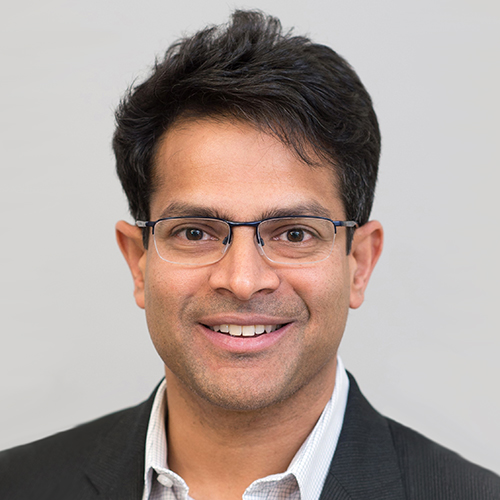
Vamsi Mootha is an Investigator of the Howard Hughes Medical Institute, Institute Member of the Broad Institute, and a Professor of Systems Biology and of Medicine at Harvard Medical School. His laboratory is dual localized in the Department of Molecular Biology at Massachusetts General Hospital and in the Metabolism Program at the Broad Institute.
Dr. Mootha leads a research team dedicated to mitochondrial biology. The long-term goal of his research group is to apply the new tools of genomics and systems biology to investigate fundamental mitochondrial bioenergetics both in health and in disease. Dr. Mootha received his B.S. (with honors, with distinction) in Mathematical and Computational Science at Stanford University. He then received his M.D. (cum laude) from the Harvard-MIT Division of Health Sciences and Technology, where his thesis research focused on mitochondrial energetics. Following an internship and residency in Internal Medicine at Brigham and Women’s Hospital, he worked as a Visiting Scientist at MDS Proteomics in Odense, Denmark, followed by postdoctoral training in genomics at the Whitehead Institute.
His research team includes biologists, computer scientists, and clinicians that work closely together. His work has led to the full characterization of the mitochondrial proteome, identification of over 20 disease genes, discovery of all the components of the mitochondrial calcium uniporter, and the unexpected discovery that hypoxia - low ambient oxygen - can buffer against many forms of mitochondrial defects. He and his team have developed computational tools that are widely used in genomics. Dr. Mootha has received a number of honors, including a MacArthur Foundation Fellowship, the Judson Daland Prize of the American Philosophical Society, the Keilin Medal of the Biochemical Society, the King Faisal International Prize in Science, a Padma Shri from the Government of India, and election to the National Academy of Sciences.
Talk title: 'Extremely boring? The awkward history of trying to do metabolic research in extreme environments'
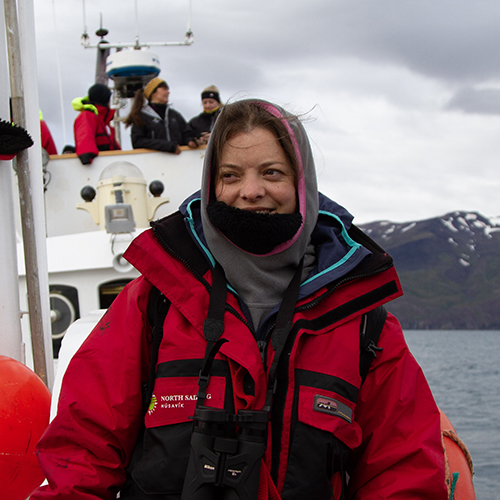 Dr Heggie is a historian of modern science and medicine, with a particular interest in the history of nineteenth and twentieth century biomedical and life sciences. She has published books on the history of exploration and physiology, and on sports medicine, and many articles and chapters on a range of topics from Victorian nursing and public health to the lab/field divide in science. Dr Heggie has been awarded a range of fellowships and awards, including a Mellon Teaching Fellowship, and a Visiting Fellowship from the Sydney Centre for the Foundations of Science; she has won grants from the Wellcome Trust, Leverhulme Trust, British Academy & Isaac Newton Trust. She is a keen advocate of Public Engagement, and for five years blogged for the Guardian about the history of science and medicine & is currently working on the history of race science, evolution and acclimatisation.
Dr Heggie is a historian of modern science and medicine, with a particular interest in the history of nineteenth and twentieth century biomedical and life sciences. She has published books on the history of exploration and physiology, and on sports medicine, and many articles and chapters on a range of topics from Victorian nursing and public health to the lab/field divide in science. Dr Heggie has been awarded a range of fellowships and awards, including a Mellon Teaching Fellowship, and a Visiting Fellowship from the Sydney Centre for the Foundations of Science; she has won grants from the Wellcome Trust, Leverhulme Trust, British Academy & Isaac Newton Trust. She is a keen advocate of Public Engagement, and for five years blogged for the Guardian about the history of science and medicine & is currently working on the history of race science, evolution and acclimatisation.
Time & Date
Tuesday, March 14, 2023
Conference: 08:30 - 17:10
Dinner & poster prizes: 17:30 - 18:30
Venue
Jerne Auditorium
Floor 1, Maersk Tower
The Faculty of Health and Medical Sciences, University of Copenhagen
Blegdamsvej 3B
2200 Copenhagen
Denmark
Contact
If you have any questions regarding the conference, you can contact the organizers at cbmr@sund.ku.dk.
